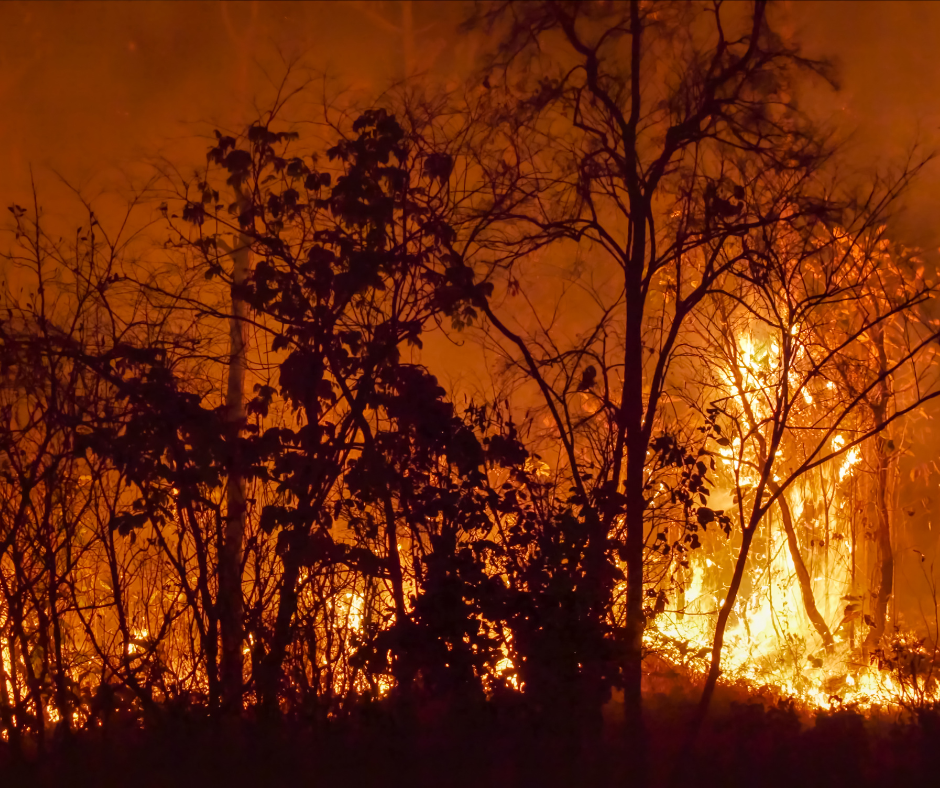California
Could CA Local Agencies Replicate Past Federal Solicitation Approaches?
Innovative solicitation & contracting approaches may make offshore wind infrastructure projects work better for communities
Offshore wind is a nascent industry in California, and actions by the new federal administration are threatening to slow or halt the significant progress made in recent years. Despite these new federal policies, however, state and local leaders are planning infrastructure needed to launch the sector in California, including port facilities suitable for assembling and …
Continue reading “Could CA Local Agencies Replicate Past Federal Solicitation Approaches?”
CONTINUE READINGCould Zero-Emission Hydrogen Help Reduce Aviation Emissions in California?
State’s federally funded hydrogen hub releases aviation whitepaper co-led by CLEE.
Few industries face as complex a challenge in decarbonizing as aviation. While great for decarbonizing on-road transportation, batteries are generally too heavy to power long-distance flights. Low-carbon biofuels blended into fossil jet fuel represent only a partial solution, due to lack of feedstocks and blend limits. Zero-emission hydrogen could represent a solution, either as an …
Continue reading “Could Zero-Emission Hydrogen Help Reduce Aviation Emissions in California?”
CONTINUE READINGGas Price Politics and Desperate Moderates
The Drain is a weekly roundup of environmental and climate news from Legal Planet.
In 18 years of working in newsrooms around Los Angeles, I talked with lots of political campaigns — but a phone call from Antonio Villaraigosa in spring of 2018 stands out. I was at my desk in the cramped newsroom of KCRW, sitting in between All Things Considered host Steve Chiotakis and producer Ben Gottlieb, …
Continue reading “Gas Price Politics and Desperate Moderates”
CONTINUE READINGWe need integrated funding to scale up multibenefit projects
by Marie Grimm, Anna Serra-Llobet, Molly Bruce, and Michael Kiparsky
Climate and ecological challenges are fundamentally linked, demanding solutions that address both environmental and social issues. Multibenefit projects–like levee realignments that reconnect floodplains–can combine climate adaptation, water management and ecosystem restoration efforts. However, most funding programs focus on single-purpose projects, making it difficult to support multibenefit solutions. Our new article studies the Pajaro River flood …
Continue reading “We need integrated funding to scale up multibenefit projects”
CONTINUE READINGDOJ vs. C&T
What Trump’s new lawsuits against two states may mean for California’s cap-and-trade program.
As my UCLA Law colleague Ann Carlson described last week, Trump’s DOJ has filed two pretty extraordinary lawsuits against the states of Michigan and Hawaii trying to block those states — preemptively — from bringing suit against fossil fuel companies for climate harms. As Ann points out, these DOJ suits are among the first salvos …
Continue reading “DOJ vs. C&T”
CONTINUE READINGDefunding the Energy Transition
The President Proposes Deep Cuts to Climate and Clean Energy Spending for FY 2026
On May 2nd, the White House released what is generally referred to as a “skinny” budget request outlining priorities for discretionary spending for fiscal year 2026. A full federal budget proposal is expected later this month. The “skinny” budget contains, by the White House’s calculations, $163 billion in non-defense discretionary spending cuts, which it argues …
Continue reading “Defunding the Energy Transition”
CONTINUE READINGCalifornia Lawmakers Vote on Energy Affordability Soon
Senate Bill 254 is the most ambitious energy affordability legislation proposed in recent years.
Energy affordability has been a huge focus in Sacramento as the deadline nears for bills to move out of policy committees. Over the past three years, customers of the largest investor-owned electric utilities (IOUs) in the state have seen their rates rise by an average of 5-41%, with nearly one in five households behind on …
Continue reading “California Lawmakers Vote on Energy Affordability Soon”
CONTINUE READINGHelp Shape the Bay Area’s Climate Future
Seeking input from local leaders, organizations, and individuals to shape California’s Fifth Climate Assessment for the region
The California Climate Change Assessment is a key initiative to understand and address the state’s climate impacts and build resilience through informed decision-making. California’s Fourth Climate Change Assessment included a series of technical reports, regional summaries, and a statewide synthesis covering key issues such as extreme heat, wildfires, and sea level rise—providing critical guidance for …
Continue reading “Help Shape the Bay Area’s Climate Future”
CONTINUE READINGWildfire Liability in California: A Primer
California has a unique approach to lawsuits against utilities for causing fires.
Like other states, California allows wildfire lawsuits against utilities based on negligence. When a plaintiff can prove that the utility was negligent – in other words, failed to exercise reasonable care – plaintiffs can recover for environmental damage, reforestation costs, and loss of profits. But California also allows recovery even when a utility did nothing wrong, under a theory called inverse condemnation. The PG&E bankruptcy made it clear that no-fault utility liability could threaten the financial health of the power system. The legislature created a new fund to deal with the problem.
CONTINUE READINGSuccess! Removing the Klamath Dams
A “Good News” Environmental Story (For a Change)
Most of the environmental law and policy matters discussed on Legal Planet–especially over the past few months–have dealt with natural resource crises, environmental rollbacks, hostile political actors and actions in Washington, D.C., etc. So let me take this opportunity to share an upbeat and inspirational environmental story in these otherwise troubled environmental times. In 2022, …
Continue reading “Success! Removing the Klamath Dams”
CONTINUE READING












